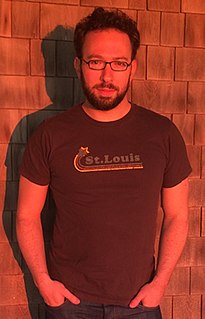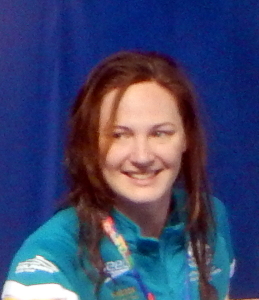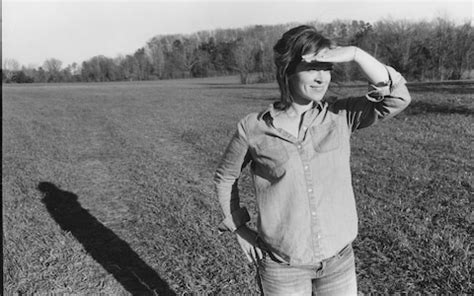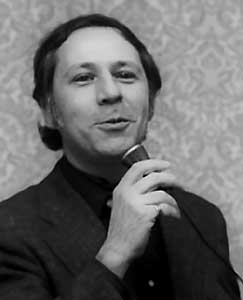A Quote by Fanny Howe
My novels are about a generation of Americans who lived between 1940 and 2000, who resisted the postwar political and cultural forces by choosing a wandering life of impoverishment and wonder. Inevitably, race and economics are a big part of their stories. Childhood, childishness, and children are never far.
Related Quotes
I agree that all kids of all colors love hip-hop. My point in writing the book was to raise questions about the ways the hip-hop generation and the millennium generation, both who have lived their entire lives in post-segregation America, are processing race in radically different ways than any generation of Americans. I think they have a lot to tell us as a country about ways of addressing race matters.
The race is now on between the technoscientific and scientific forces that are destroying the living environment and those that can be harnessed to save it. . . . If the race is won, humanity can emerge in far better condition than when it entered, and with most of the diversity of life still intact.
We spend more time with our coworkers than we do with our loved ones, and yet we don't have that many novels on the subject. We have far more novels about families bickering at Thanksgiving and not enough about the day before Thanksgiving at the office. If we lived in, say, Romania, maybe a workplace job might not be as important to the cultural discussion. But we live in America, where work is crucially important and capitalism drives everything we do.
Vietnam was the defining event for my generation. It spilled over into all facets of American life - into music, into the pulpits, in churches of our country. It spilled over into the city streets, police forces. And even if you were born late in the generation, Vietnam was still part of your childhood.
With the Holocaust - I wonder if a lot of Jewish writers of my generation have felt this way - it feels really intimidating to approach it. I feel like so many writers who have either lived through it firsthand or were part of that generation where they were closer to the people who were in it have written so beautifully about it, so there's no lack of great books about it







































